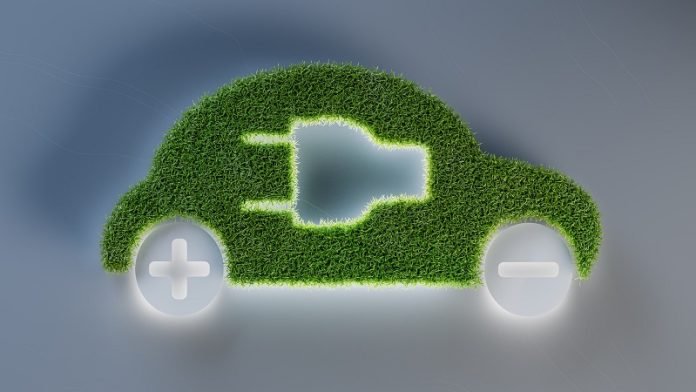
Cars are changing!
Many are now running on electricity instead of petrol or diesel.
But here’s a puzzle: the government gets a lot of money from fuel taxes, which are used to pay for roads and other public services.
If more people switch to electric cars and stop buying fuel, where will the government get that money from?
Researchers from Linköping University in Sweden have been thinking about this problem.
Professor Maria Börjesson, who works both at Linköping University and the Swedish National Road and Transport Research Institute, has some interesting insights. She believes that by 2040, it might be cheaper for people in the countryside to travel by car, but city dwellers might find it more expensive.
Why is this?
Currently, people pay a lot of taxes when they buy fuel.
This money helps the government cover various costs, such as repairing roads and reducing pollution. But electric cars don’t use fuel, so they don’t contribute to these taxes. This means the government will need to find other ways to earn money.
Some countries are thinking about charging drivers for each kilometer they drive. The car would be monitored using technology to count these kilometers.
But Professor Börjesson thinks this might not be the best solution. Monitoring everyone’s driving could be costly, and with electric cars, there won’t be any carbon dioxide emissions to worry about.
So, what did the researchers suggest? They think a congestion tax might be the answer. This is a fee that drivers pay when they drive in busy areas, especially during rush hours. The idea is that if more people are driving electric cars because it’s cheaper, then cities will become even more crowded. So, it makes sense to charge people for driving in these congested areas.
To figure out how this would work, the researchers simulated traffic in and around Stockholm for the year 2040. They imagined a future where almost everyone is driving electric cars. The area they looked at has cities and countryside and is similar to places like the Netherlands and the UK.
The results? Just like today, the busiest places will be around big cities like Stockholm and Uppsala. On most roads, there won’t be much traffic.
To manage the traffic in 2040, the researchers believe that more roads should have a congestion tax. In busy areas, this tax might even be doubled during peak hours.
Professor Börjesson suggests having a high congestion tax during the busiest times and a lower one during less busy times. But she also says that in many parts of Sweden, a congestion tax might not make sense because there’s not much traffic.
To help cover other costs, like road repairs, there might be a small increase in vehicle tax.
If the government needs more money for other things, the researchers think other taxes, like VAT, might need to go up. But that’s something for politicians to decide.
One thing to consider is that people living in big cities might not be happy. They could end up paying a lot, while those in the countryside might pay less.
But Professor Börjesson points out that this is a decision for politicians and depends on how people see fairness.
In short, as cars change, the way we pay for roads and other services might change too. It’s a challenging puzzle, but researchers are trying to find the best solutions for everyone.
The study was published in Transport Policy.
Follow us on Twitter for more articles about this topic.
Source: The Swedish Research Council.



